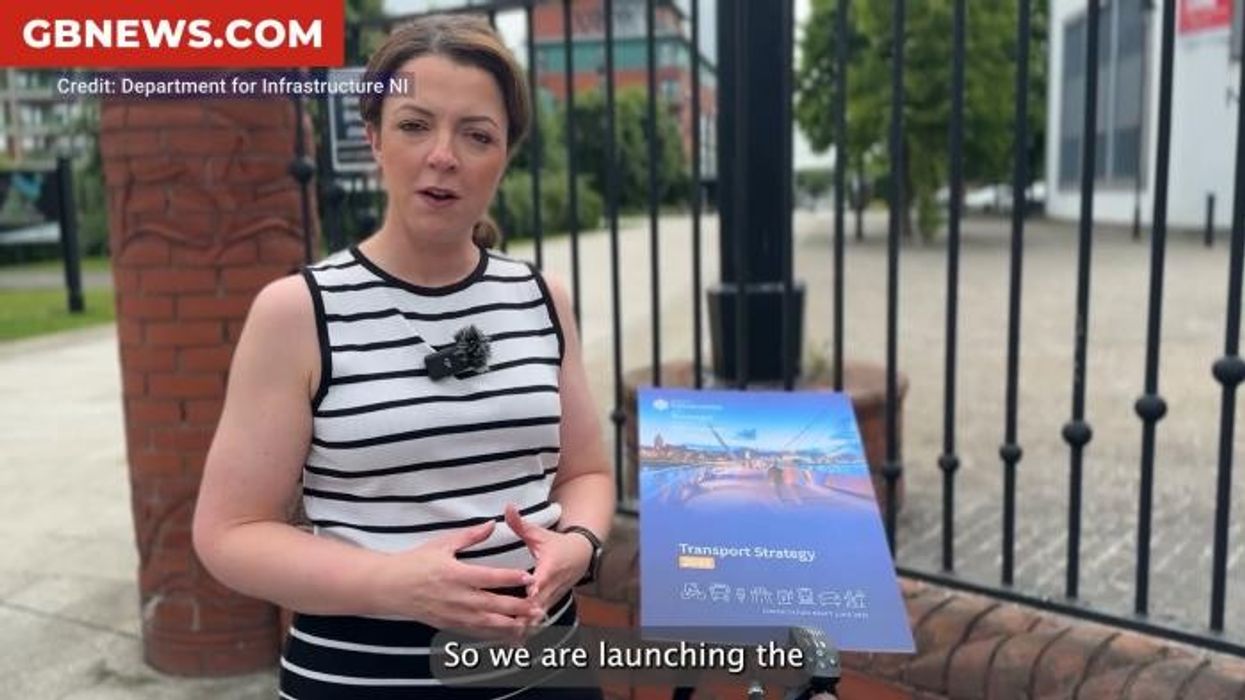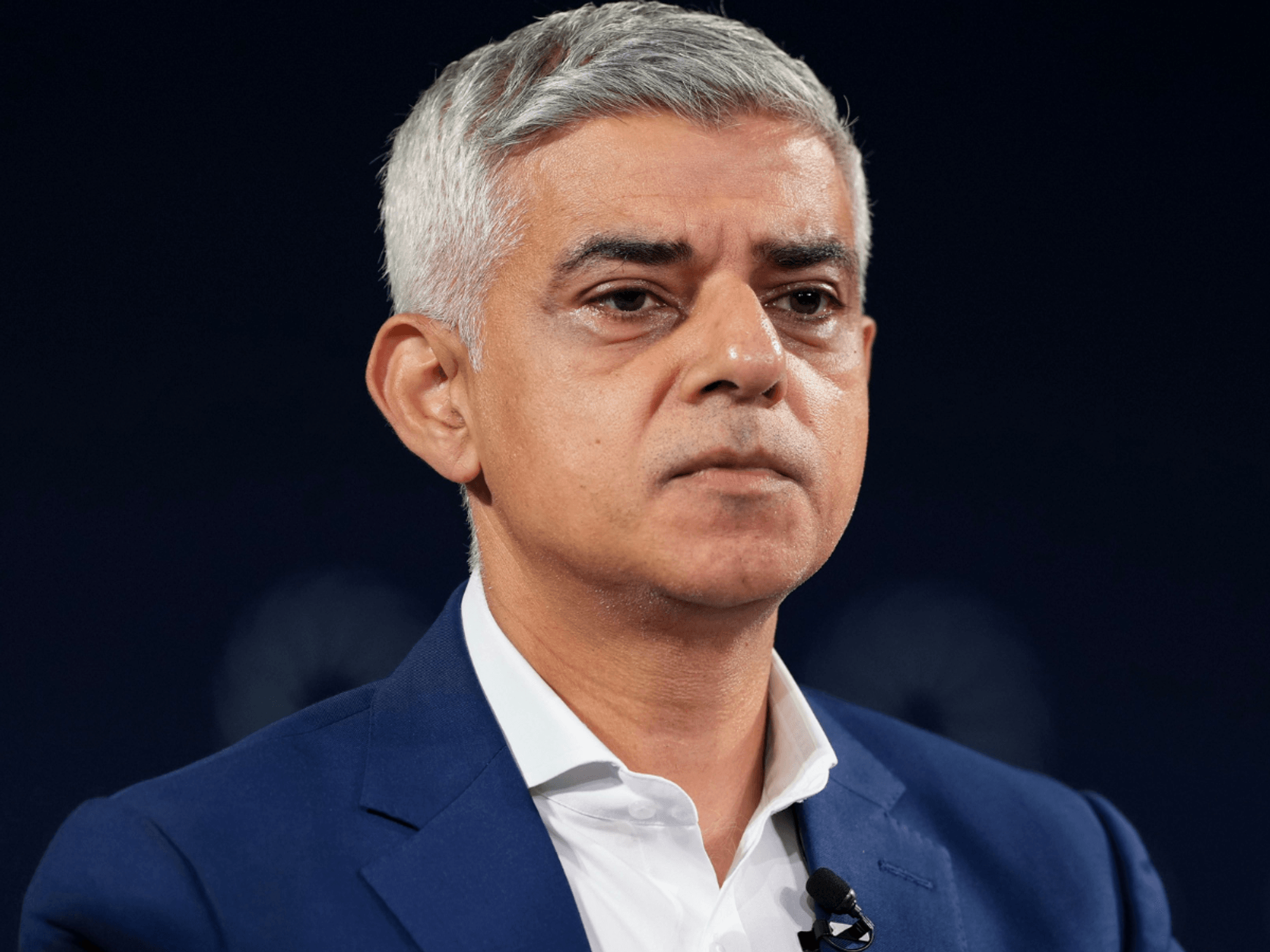Motorists to see new road charging and tougher driving restrictions introduced under new proposals

Under the Transport Strategy, drivers could see roads repurposed for pedestrians and cyclists
Don't Miss
Most Read
Latest
Drivers across a major region have been warned of sweeping changes to road rules, which introduce new restrictions and tougher punishments for rule-breakers.
The Northern Ireland Transport Strategy was released this week with new measures hoping to reduce casualties as well as improve safety for pedestrians.
Under the draft strategy, it looks to expand 20mph speed limits in urban areas and near schools, as well as new plans for road charging measures.
The Department for Infrastructure plans to implement these changes through a new Demand Management Framework, focusing on areas where modal shift from cars will have the greatest impact.
Do you have a story you'd like to share? Get in touch by emailing motoring@gbnews.uk
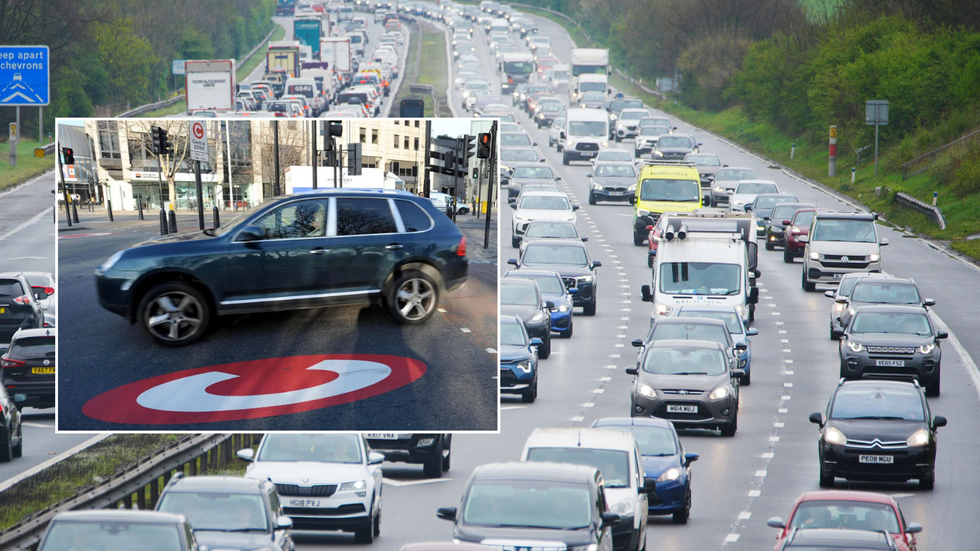
Under the proposals, it looks to introduce congestion charging and more Low Emission Zones
|PA/GETTY
The strategy also endorses congestion charging for cities and large towns, with 30 per cent of surveyed respondents already supporting the punishing measures, according to research cited in the document.
The document detailed: "The transport plans may also identify where changes to parking provision or the introduction of other transport measures (such as road user charging) could support the transport and placemaking objectives for an area.
"The preparation of the transport plans has a heavy focus on stakeholder engagement and will allow local people to shape and influence the creation of more sustainable transport for their community."
More shockingly, the strategy outlines extensive plans to reallocate road space away from private vehicles towards public transport and active travel infrastructure, particularly in urban areas.
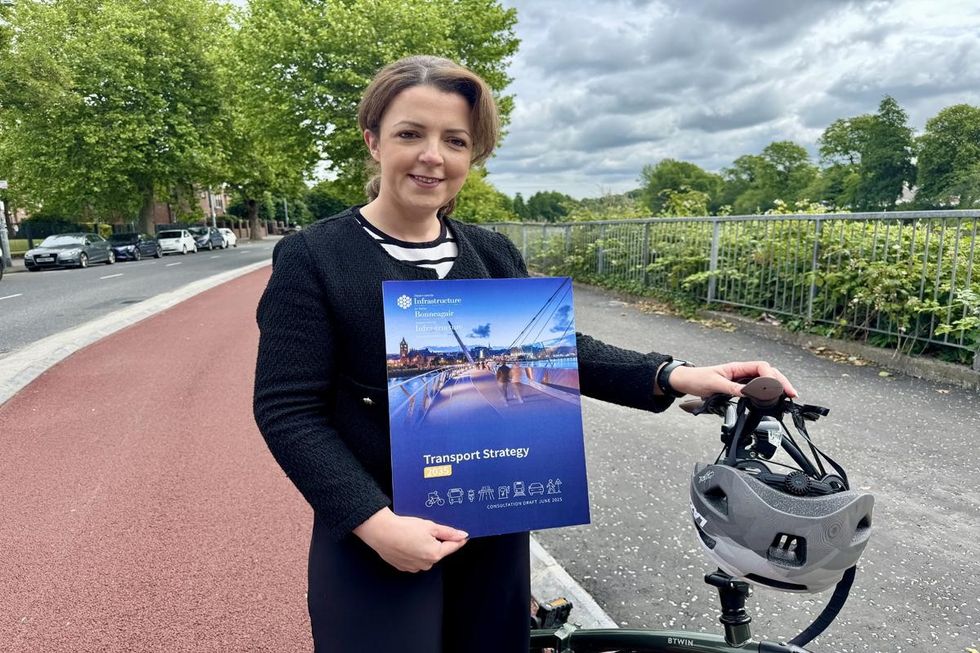
The consultation on the strategy document will run until September 16
|DEPARTMENT FOR INFRASTRUCTURE
New 20mph speed limits will be introduced in "appropriate locations" beyond the current school zones, with the Department for Infrastructure stating these will be implemented through a targeted approach considering road safety, area character and urban place shaping.
Minister for Infrastructure Liz Kimmins noted that "almost a quarter of our population have no access to a car, only one per cent of the population cycle, only two per cent use public transport and 24 per cent walk."
The strategy also acknowledged that 70 per cent of all journeys in Northern Ireland are currently made by private car, which could dampen future net zero plans.
But before the measures become official, Kimmins has launched the 12-week consultation on the plans, stating that "transport is not just about infrastructure but about the people who rely on it daily".
LATEST DEVELOPMENTS:
- Pedicabs to face new rules next year with offenders risking £2,500 fine and vehicle confiscation
- British drivers urged to save £1,500 by ditching petrol and diesel cars and switching to electric vehicles
- New plans to ban HGVs from overnight parking get green light as residents fume over noise pollution
"Climate considerations, technological advances and changing lifestyles mean that we need to think differently about what transport will look like in the next 10 years and beyond," Kimmins said.
The proposals include restrictions on Heavy Goods Vehicles in residential areas and enhanced enforcement of parking regulations, with the Department pledging to explore "innovative new methods" of enforcement.
Elsewhere, the document looks to see residents' parking schemes expanded in a move which would discourage commuter parking in residential streets.
Parking policies will be tightened, with the strategy noting that "an inappropriate supply of car parking, particularly long-stay commuter parking, can act as an impediment to economic growth".
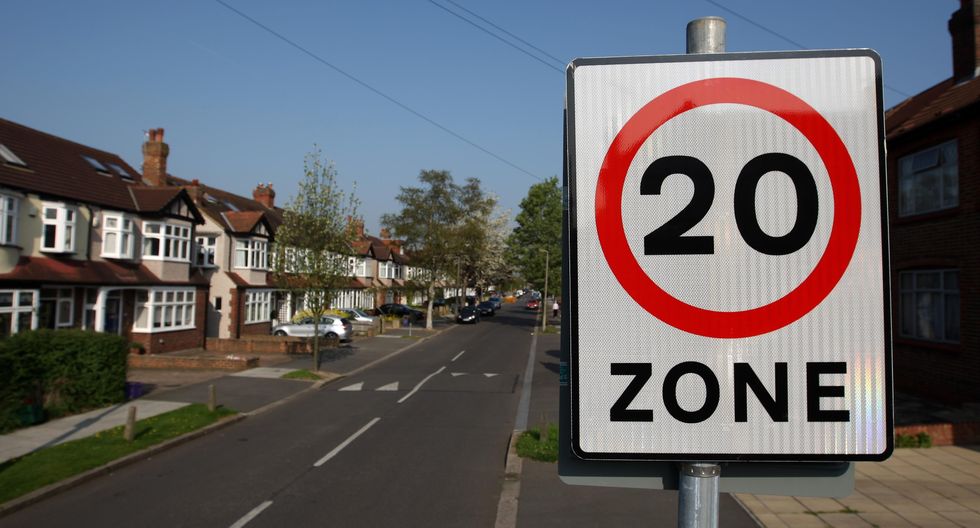
The transport strategy looks to introduce more 20mph speed limit on back roads and outside schools
| PAThe Transport Strategy also follows the Road Safety Strategy for Northern Ireland, which aims to see a 50 per cent reduction in road deaths by 2030, with fewer than 35 fatalities annually.
The strategy identified the "Fatal Five" dangerous behaviours, which included carelessness and inattention, speeding, impairment through alcohol or drugs, not wearing seatbelts, and using mobile devices.
"In the vast majority of cases (over 95 per cent), human error was identified as the cause of collisions," according to the strategy document.
The consultation will run until September 16, with the Minister encouraging public participation to "help shape the transport system that works for all and safeguards the environment for future generations".


